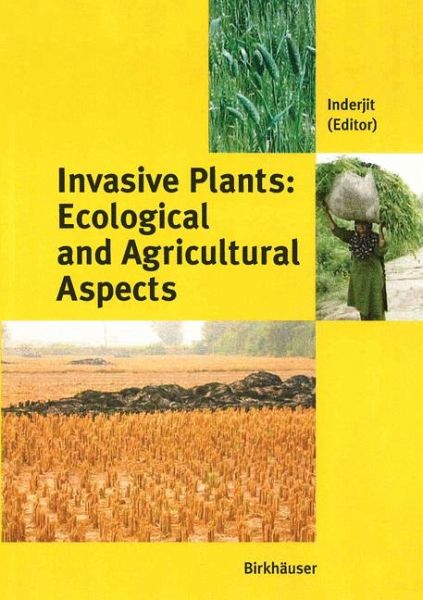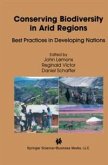The study of plant invasions is the science that attempts to understand causes and consequences of plant introductions outside of their native areas. Invasive plants have an impact on global biodiversity and ecosystem function, and their management is a complex and formidable task. The applied aspects of this study include the health and economic impacts of invasions. Although research on plant invasions has progressed remarkably during the past several decades, scientists are still looking for answers to basic questions. Such questions are: (1) What are invaders? (2) Can we predict invaders? (3) What are mechanisms of exclusion of native species by invaders? (4) How general principles in ecology can be used to predict and understand plant invasions? (5) What makes a habitat susceptible to invasion? (6) What agricultural practices influence invasion? (7) What impact invaders may have on ecosystem processes and community structure? (8) What are causes, mechanisms and consequences of plant invasions (9) What are the environmental and economic costs of invasion? (10) What management strategies are needed to check invasion? In an effort to answer these questions, contributing authors have strived to provide up-to-date reviews and discussions of invasion-related research involving natural and agroecosystems. Readers will get a unique perspective on ecological and agricultural aspects of plant invasions through employing general principles of ecology to plant invasions.
Dieser Download kann aus rechtlichen Gründen nur mit Rechnungsadresse in A, B, BG, CY, CZ, D, DK, EW, E, FIN, F, GR, HR, H, IRL, I, LT, L, LR, M, NL, PL, P, R, S, SLO, SK ausgeliefert werden.









